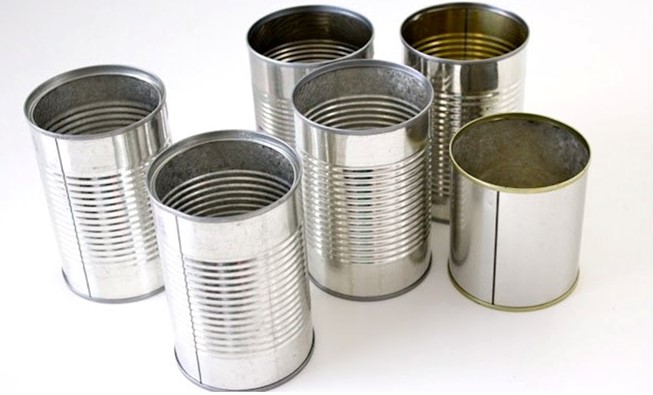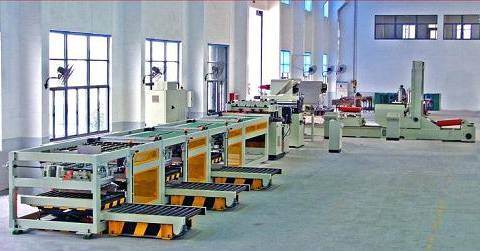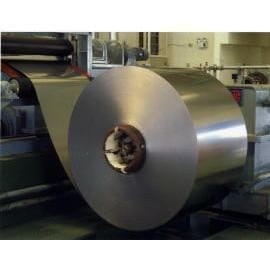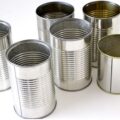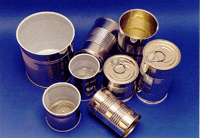axial and radial strength tests on tinplate cans
Axial and radial strength tests on tinplate cans are important to determine the ability of the cans to withstand the loads and pressures to which they are subjected during use and storage.
For axial strength, it is verified that the package can withstand vertical stacking loads in warehouses. The measuring equipment for this test includes a system for transmitting axial stress, such as an arbor press, and a dynamometer that measures the applied force. The method consists of inserting the container between two plates of the equipment and slowly subjecting it to an axial stress until the collapse of a bead of the container occurs, at which time the force reached is recorded, which will be the axial resistance of the container.
For radial resistance, the capacity of the container to withstand external pressures is measured. The test consists of introducing the container, closed at both ends, into an airtight chamber and subjecting it to external pressure progressively until a permanent deformation, known as “sucking”, occurs. In automatic equipment, the process stops automatically when this deformation is detected, while in simpler equipment, the characteristic sound of collapse must be detected in order to cut off the pressure immediately. Radial resistance is measured in kilograms per square centimeter (Kgrs/cm²).
These tests are essential to ensure the integrity of tinplate cans during their shelf life, especially in the case of products that require sterilization or that are stored and transported in stacks.

